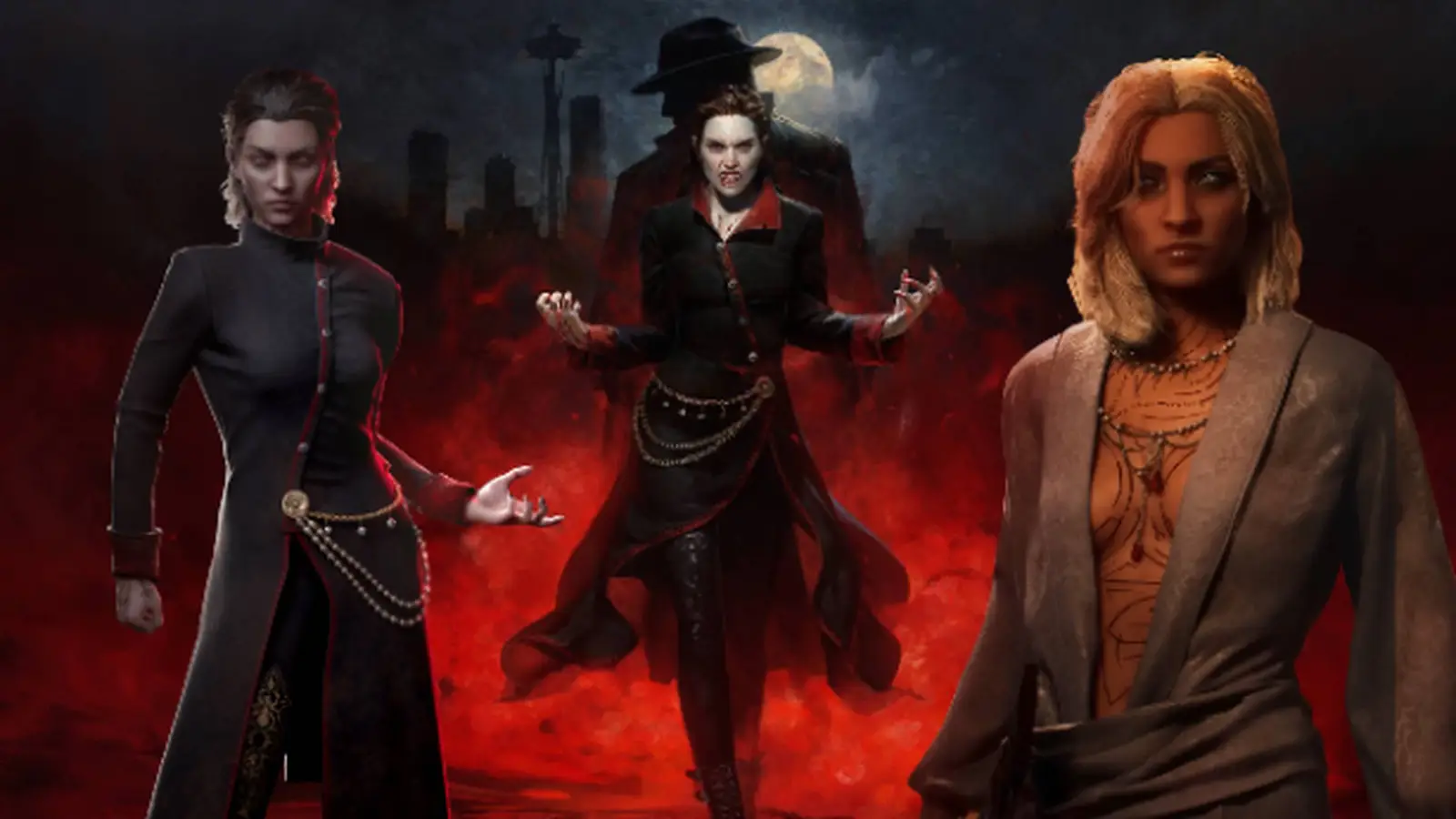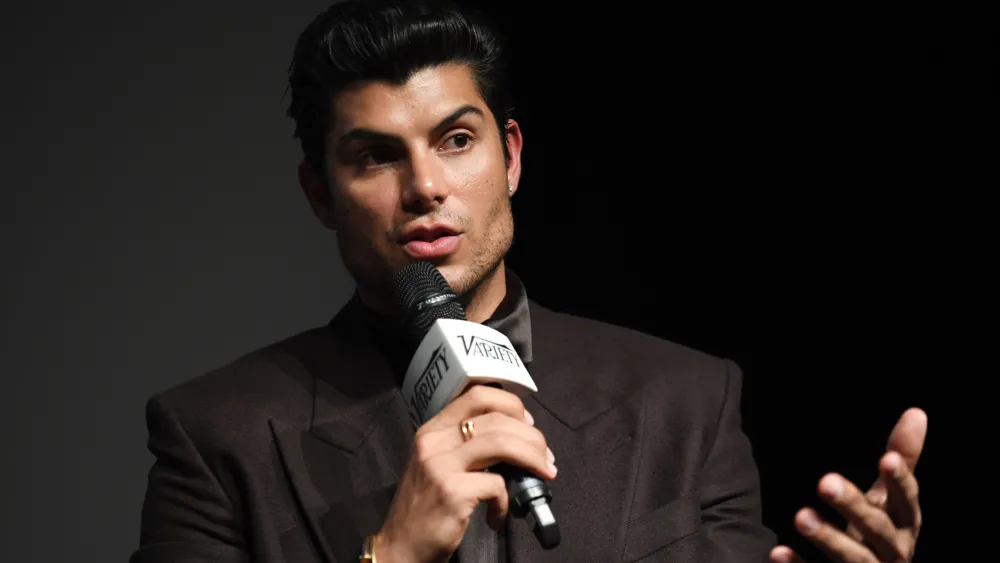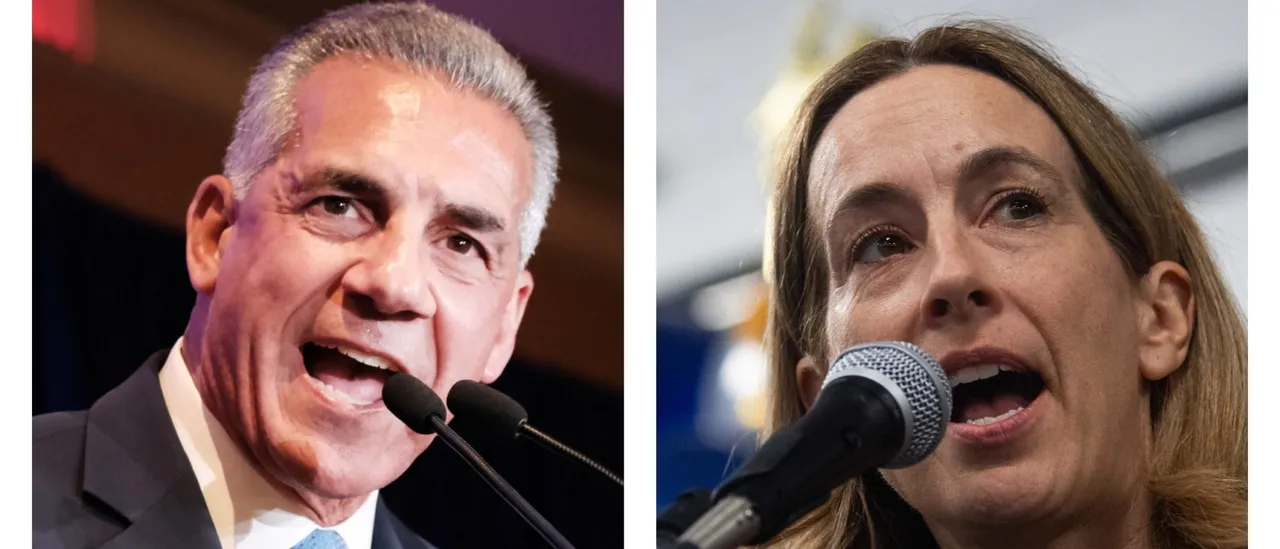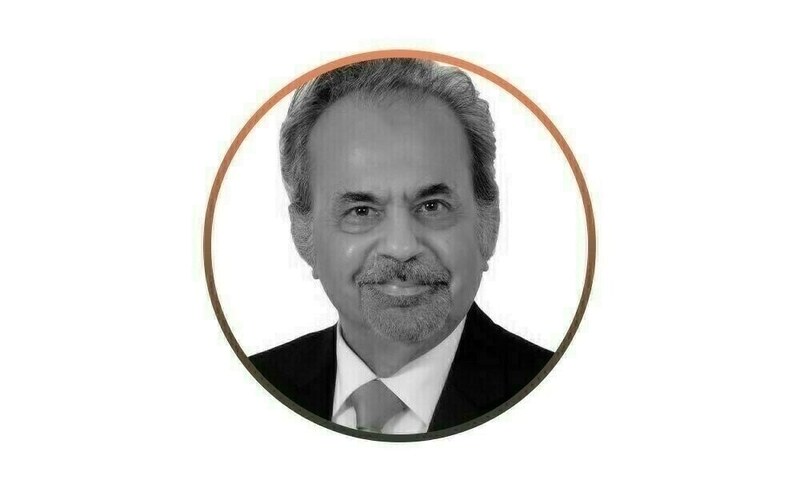Copyright scmp
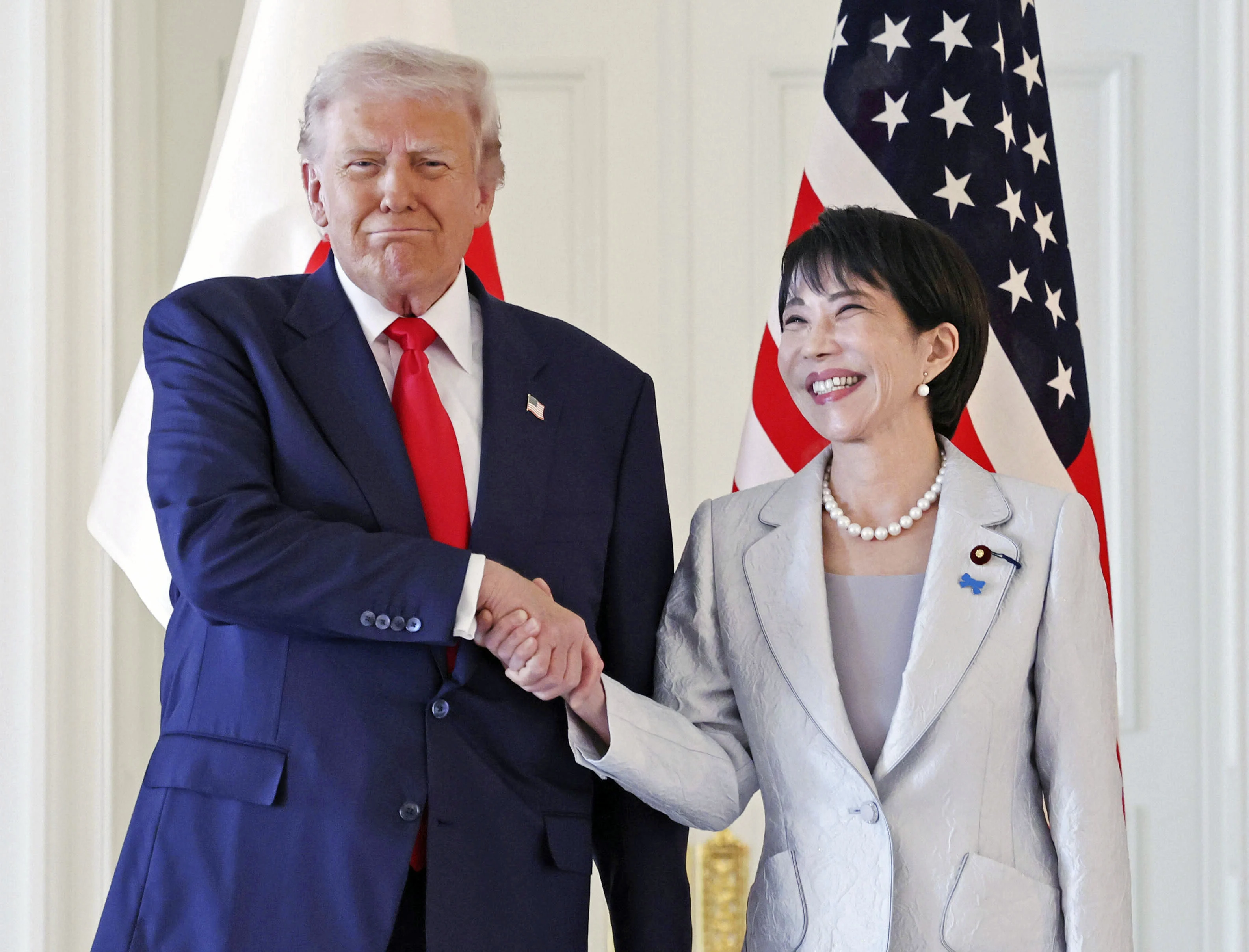
When Sanae Takaichi welcomed Donald Trump to Tokyo this week, she did so with a blend of deference and purpose that has divided opinion in Japan. While detractors derided her overzealous flattery of the US president and warned against pandering to power, many at home saw a Japanese prime minister deftly securing her nation’s interests amid Trump’s unpredictability. “Takaichi’s strategy was clear from the outset,” said Tsutomu Harada, a retired businessman from Tokyo. “It was to make use of the chemistry that existed between Trump and former prime minister [Shinzo] Abe and then build on that.‘’ Abe was the first foreign leader to seek and arrange a meeting with Trump after his 2016 election victory, going on to cultivate a close working relationship through personal gestures like gifting golf clubs and engaging in frequent direct communication. Observers say Takaichi seized the opportunity to highlight her close ties to her former mentor, who was assassinated in 2022, and attempt to win Trump’s favour. But some of what she said did begin to grate, according to Harada. “Politics and acting were mixed up,” he said. “Takaichi shouldn’t have said she would recommend Trump for the Nobel Peace Prize next year. Everyone knows he wants it but that should not be the reason to nominate him. That, for me, was too much.” Takaichi gave Trump a gift of a gold-plated golf ball, presented him with a map showing Japanese investments in the US since 2019 over a lunch of American rice and beef, and signed a rare earths mineral deal with the US president as aides applauded. Yoichi Shimada, a former Liberal Democratic Party member under Abe who now sits in the Diet for the Conservative Party of Japan, described Takaichi’s engagement as “a good performance”. “This was her first meeting with Trump and I expect it was quite nerve-racking for her, but Trump knew that she had been a firm supporter of Abe and shared many of his beliefs, so that was an important factor in the two of them getting on so well,” he said. The rapport that the two leaders quickly established could even allow Japan to renegotiate the terms of the trade and investment accord signed during Trump’s time in Tokyo, Shimada added. By offering Washington unreserved support and putting up minimal resistance to the Trump administration’s demands, Takaichi might have positioned Japan to receive future benefits unavailable to rival nations, Shimada said. He also backed Tokyo’s proposal to nominate Trump for the Nobel Peace Prize, calling it “appropriate”. Social media commentary was largely supportive of Takaichi’s tactics. “I think for the first time in a long time we have an administration that gives us hope in politics,” said one Yahoo News user. Another wrote: “The cabinets of the recent past have been a disgrace and I have long felt that Japan is falling apart. But I have been moved by the refreshing and dignified performance of Takaichi. Together with Trump, she has given me confidence that a golden age of Japan-US relations will be built in the future.” ‘Stop the fawning’ Despite the effusive support from some quarters, opposition voices were unequivocal in their dissent. Akira Koike, secretary general of the Japanese Communist Party, told reporters in Tokyo on Tuesday that Trump “is probably the person least likely to win the Nobel Peace Prize”, adding that the US president had “turned his back” on the UN Charter, international law and the global order. Koike warned that nominating Trump would be seen as Japan endorsing his foreign policy actions – from bombing Iran to carrying out extrajudicial strikes on alleged drug runners in the Caribbean and his dealings with Russia over Ukraine. Jun Azumi, leader of the Constitutional Democratic Party of Japan, told a press conference that a Nobel nomination “is not something that should be brought as a gift to a summit meeting”. Conservative media outlets predictably rallied behind Takaichi’s approach. The right-leaning Yomiuri newspaper reiterated its “alliance for a new era” narrative, arguing that Trump’s three-day visit – on the eve of the Apec summit in South Korea – would underline that the Japan-US alliance “is functioning stably”. In contrast, the liberal Asahi offered a scathing rebuttal, publishing a front-page opinion piece on Tuesday headlined: “Diplomacy with world’s biggest bully should not entail pandering”. The article said that the Japan-US relationship was “definitely off kilter” as Tokyo “tried desperately not to offend the president by making sure to stroke his ego so he will not make unreasonable demands”. “Prime Minister Takaichi’s ability is being tested,” it warned. “It is time to stop fawning and flattering, sporting a red hat.”
